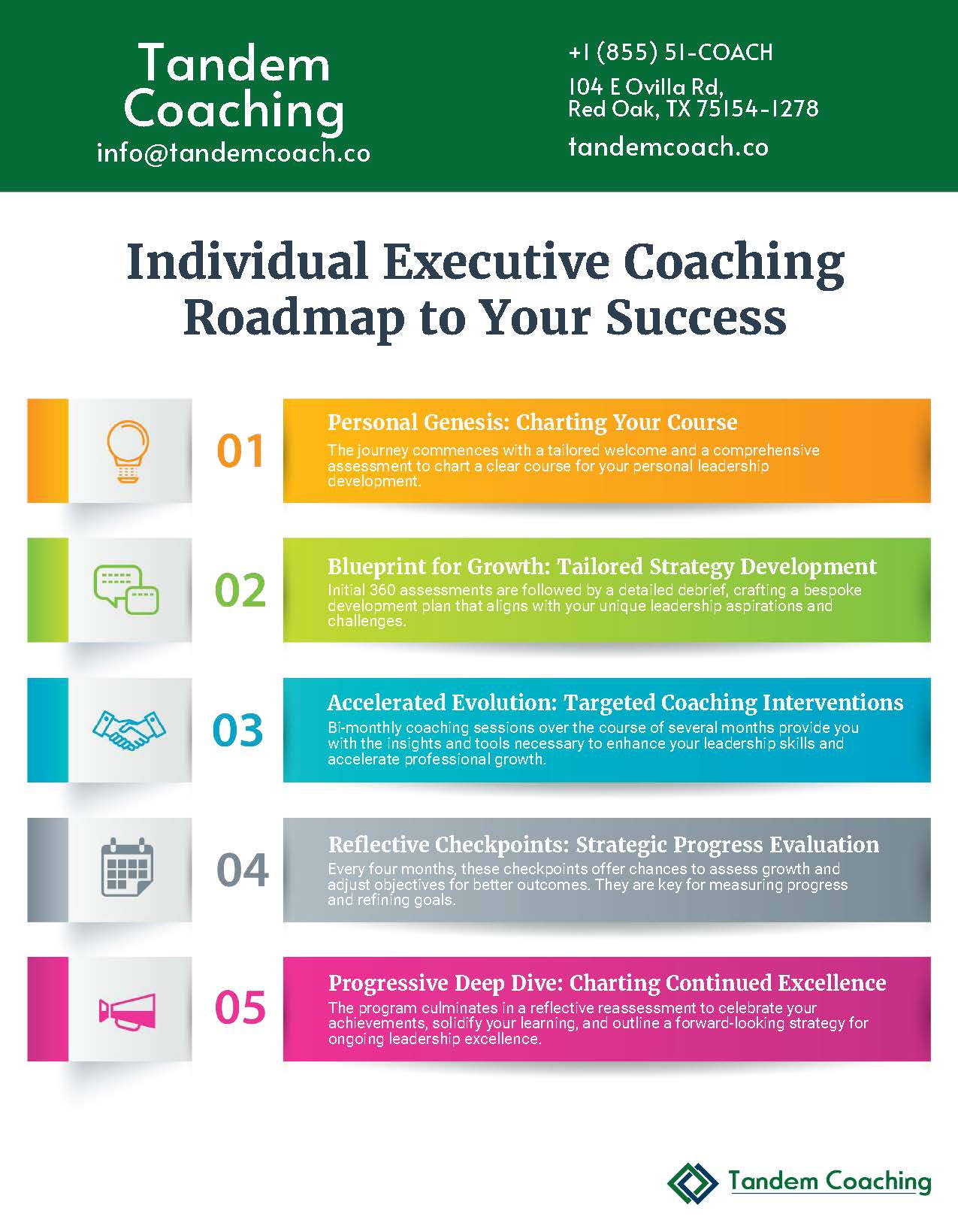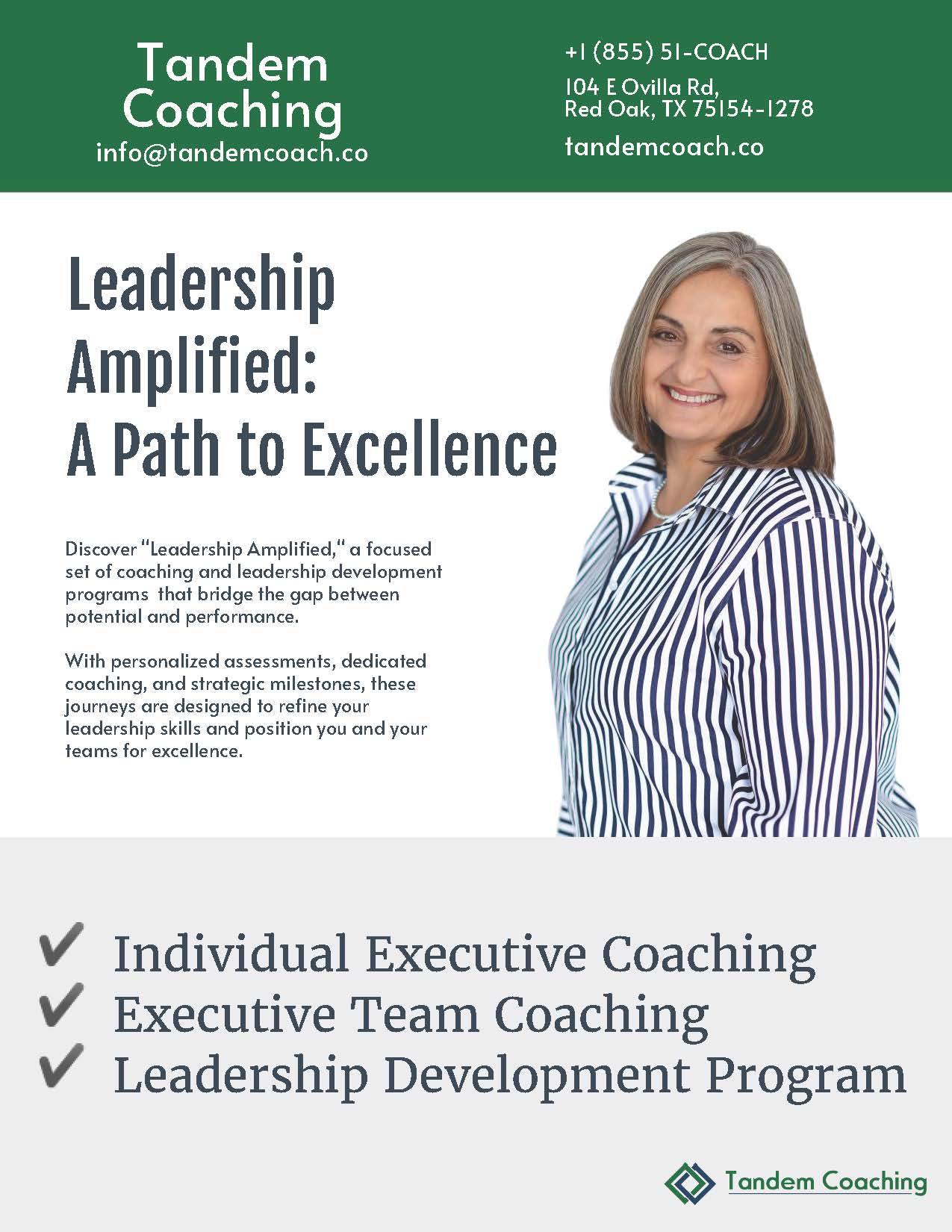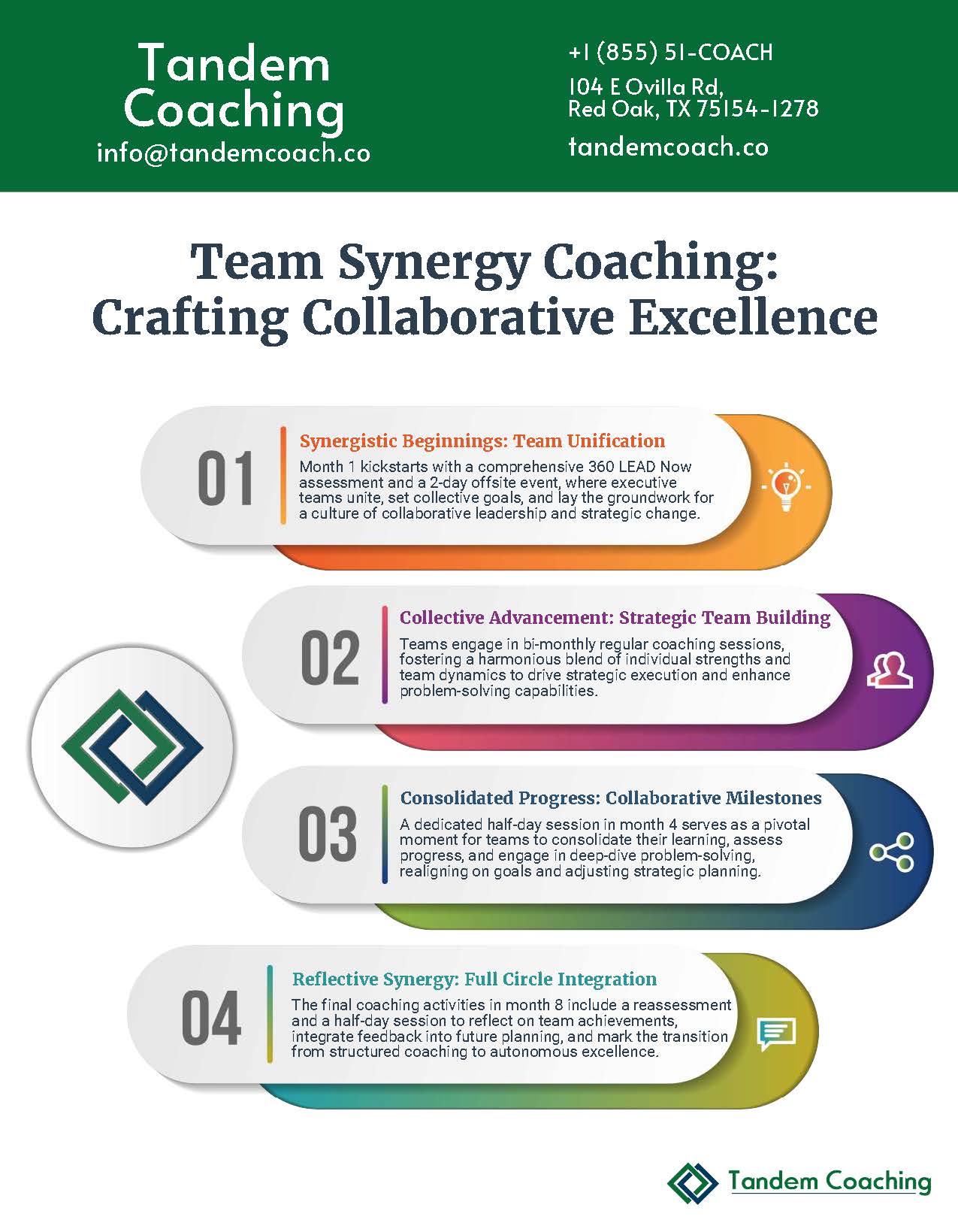Feeling overwhelmed by the ICF credentialing exam? You’re not alone—many aspiring coaches find this final step toward certification intimidating. But here’s the thing: with the right preparation and strategy, you can face it with confidence.
This guide simplifies the ICF exam preparation process, giving you a clear breakdown of what to expect—from the core competencies the exam focuses on to the best study methods for success.
At Tandem Coaching, we have years of experience guiding participants through the ICF exam preparation. Contact us now for more help on your ICF credentialing journey.
Take Free Sample Exam Now
"*" indicates required fields
What is ICF Certification?
ICF (International Coaching Federation) certification is a globally recognized credential demonstrating your coach’s expertise.
It’s awarded at three levels:
- Associate Certified Coach (ACC)
- Professional Certified Coach (PCC)
- Master Certified Coach (MCC).
If you’d like to learn more about certification and the different levels, check out our article on demystifying the ICF certification process.
ICF Certification Requirements
To earn an ICF credential, you must complete coach-specific training, accumulate a certain number of coaching hours, receive mentor coaching, and pass the ICF Credentialing Exam.
The number of required training hours and coaching experience depends on the certification level you’re pursuing. You’ll also need to submit recordings of coaching sessions for review if you’re aiming for PCC or MCC credentials.
Know more about ICF certification requirements.

How to Prepare for the ICF Exam
Preparing for the ICF Credentialing Exam requires a deep understanding of the ICF Core Competencies and learning how to apply them in real-world coaching scenarios. You’ll need a strategic approach combining study, practice, and mentorship to succeed.
Here’s a more detailed breakdown of how to effectively prepare:
1. Review the ICF Core Competencies
The ICF Core Competencies are the heart of the exam, assessing how well you can apply these principles in your coaching practice. Start by carefully reviewing the ICF’s eight core competencies (mentioned in the table below).
Knowing these competencies is important, but understanding how to apply them in your client sessions is equally important. Reflect on your own experiences and how they align with these core principles.
2. Dive Deep Into Ethics and Standards
In addition to competencies, the exam will assess your knowledge of the ICF Code of Ethics. Study this document thoroughly, as ethical dilemmas are common on the exam.
You’ll need to demonstrate a solid grasp of ethical standards and be prepared to apply them in hypothetical situations.
3. Engage a Mentor Coach for Feedback
A certified mentor coach can provide feedback on your actual coaching sessions, helping you identify areas for improvement that may not be immediately obvious.
By discussing possible scenarios with you, mentor coaches can also help ensure that your understanding of the ICF Core Competencies aligns with the expectations of the exam.
Contact us now if you’d like to engage a mentor coach.
4. Focus on Real-World Application
The ICF exam is designed to test your ability to apply core competencies in real-life coaching scenarios. Whenever possible, practice integrating these competencies into your coaching sessions with clients.
Reflect on your sessions afterward, noting how you used the competencies and where you could improve.
5. Stay Calm and Manage Stress
Finally, it’s essential to remain calm and manage stress as your exam date approaches. Remember that the exam has a high pass rate and that you can manage if you are well-prepared.
If you need special accommodation for learning differences, you need to contact the testing center ahead of your exam time to arrange this. These accommodations cannot be given spontaneously, so make sure you get this organized in time if needed.
Are you ready to get ICF certified? Check out our ACC certification program.

Core Competencies Assessed in the ICF Exam
The ICF exam focuses on assessing your understanding of the ICF core competencies required for effective coaching. These include:
| Component | Description | Resources |
|---|---|---|
| Demonstrates Ethical Practice | Consistently acts with integrity and adherence to coaching standards, honoring the ethics, confidentiality, and boundaries of the profession. | |
| Embodies a Coaching Mindset | Cultivates a flexible, open, and self-reflective approach focused on the client’s journey and growth. | ICF Core Competencies, Embodying Coaching Mindset |
| Establishes and Maintains Agreements | Collaborates with clients to create and uphold clear, mutually understood coaching goals, expectations, and processes. | ICF Core Competencies, Keys for a Strong Session Agreement |
| Cultivates Trust and Safety | Builds a respectful and supportive environment where clients feel secure to openly express themselves. | ICF Core Competencies, Co-Creating the Relationship |
| Maintains Presence | Stays fully engaged, grounded, and adaptable during coaching interactions to support client needs. | ICF Core Competencies, Develop Your Coaching Presence |
| Listens Actively | Deeply hears and interprets both the spoken and unspoken elements of the client’s communication to enhance understanding. | ICF Core Competencies, Mastering Listening Actively |
| Evokes Awareness | Encourages client insights and self-discovery by posing thoughtful questions and creating space for exploration. | ICF Core Competencies, Mastering Listening Actively |
| Facilitating Client Growth | Supports clients in transforming insights into actionable steps, fostering their independence in the learning process. | ICF Core Competencies |
Study Materials and Resources for ICF Exam Preparation
To prepare effectively for the ICF credentialing exam, it’s crucial to have the right resources. Here’s a guide:
ICF Core Competencies
The ICF Core Competencies should be your primary study material. These competencies form the foundation of professional coaching, and the exam will include questions about them.
- Official ICF Core Competencies Page: This page provides a comprehensive overview of the eight core competencies.
- ICF Core Competencies Video Series: Available on ICF’s YouTube channel, this series offers in-depth explanations of each competency.
ICF Code of Ethics
Another big part of the exam content is based on the code of ethics. Be sure to be intimately familiar with it.
- Official ICF Code of Ethics Page: This page tells you all you need to know about the code of ethics.
- ICF Code of Ethics Video Series: Check out this series on ICF’s YouTube channel to get more in-depth insights into the ethics of coaching.
Practice Questions
To familiarize yourself with the exam format, seek out ICF exam sample questions:
- ICF Sample Questions: While ICF doesn’t provide official practice exams, a few sample questions are available for review on their ICF Credentialing Exam Content page.
Additional Resources
Some extra resources you might want to consult include:
- ICF Code of Ethics: Essential for understanding the ethical standards expected of professional coaches.
- ICF Definition of Coaching: Familiarize yourself with ICF’s official definition to align your understanding with their standards.

Most Common Mistakes ICF Candidates Make
While preparing for the exam, candidates often make some avoidable mistakes:
- Focusing too much on theory: The exam tests your ability to apply knowledge, not just recite definitions.
- Neglecting the core competencies: The ICF Credentialing Exam revolves around these, so make sure they’re the focus of your study sessions.
- Skipping mentor coaching: Feedback from a mentor coach can be crucial for identifying blind spots in your coaching approach.
- Procrastination: Waiting until the last minute to study often leads to stress and cramming.

Strategies for Effective ICF Exam Preparation – Summary
To ensure you’re fully prepared for the ICF Credentialing Exam, follow these strategies:
- Start Early: Give yourself plenty of time to study—at least a few months before the exam date.
- Understand the Core Competencies Deeply: Don’t just memorize them—think about how you can apply each competency in real coaching situations.
- Simulate Exam Conditions: Take practice exams under timed conditions to get used to the pacing.
- Seek Feedback: Have a mentor coach review your practice sessions and provide constructive feedback.

Frequently Asked Questions (FAQs)
Here are a few questions we frequently get about preparing for the ICF exam:
What Is the Role of Mentor Coaching in ICF Certification?
Mentor coaching plays a vital role in preparing for the ICF certification. It involves working with a more experienced coach to receive feedback on your coaching abilities.
ICF requires you to work 10 hours with a mentor coach, at least three of which must be one-to-one. These 10 hours must take place over a period of at least three months.
The mentor coaching helps you refine your skills, making sure you’re meeting ICF standards.
At Tandem Coaching, we offer both group and individual mentor coaching. Contact us now to book your mentor coaching sessions.
How Long Does it Take to Prepare for the ICF Exam?
The time it takes to prepare for the ICF exam varies based on your existing knowledge and the level of certification you’re pursuing. You need to deeply understand the ICF core competencies, definition of coaching, and code of ethics; not only in theory but in terms of practical application.
Since you have to take the exam within 30 days of being cleared by the ICF, make sure you are up to date on the above.
What Is the Cost of the ICF Exam?
The ICF Credentialing Exam fee is included in the application fee, which varies depending on your certification level and whether you’re an ICF member.
Based on these factors, expect to pay anywhere from $175 to $900.
What Happens If I Don’t Pass the ICF Exam on My First Attempt?
You can retake the ICF credentialing exam if you don’t pass it. You’ll need to pay a retest fee and take some time to review areas where you struggled before attempting the exam again.
Many candidates find that better mentor coaching helps them improve and pass on a subsequent try.
Where Can I Get ICF Exam Sample Questions?
A few sample questions are available for review on the abovementioned ICF Credentialing Exam Content page. This can give you an understanding of the types of questions to expect and the level of difficulty.
You can also practice with other situational judgment questions if you need to get used to the format.
Conclusion
Preparing for the ICF Credentialing Exam requires dedication and a solid plan. By focusing on the core competencies, using available resources, and working closely with a mentor coach, you’ll be ready to confidently tackle the exam.
With proper preparation, you can earn your ICF certification and take your coaching career to the next level. Contact us now to get guidance with this process.



Boost Your Leadership Team Success!
Take your leadership team to the next level and achieve great results with our executive coaching.
Learn how our coaching and ASPIRE method can change things for you—get a free brochure to begin your journey.
About the Author
Cherie Silas, MCC
She has over 20 years of experience as a corporate leader and uses that background to partner with business executives and their leadership teams to identify and solve their most challenging people, process, and business problems in measurable ways.















